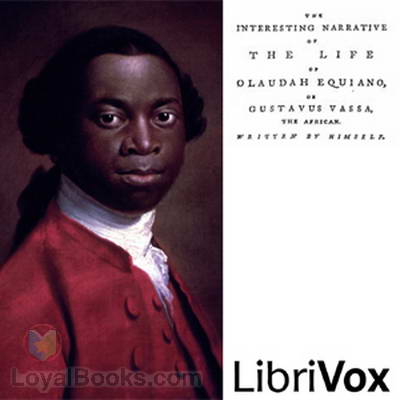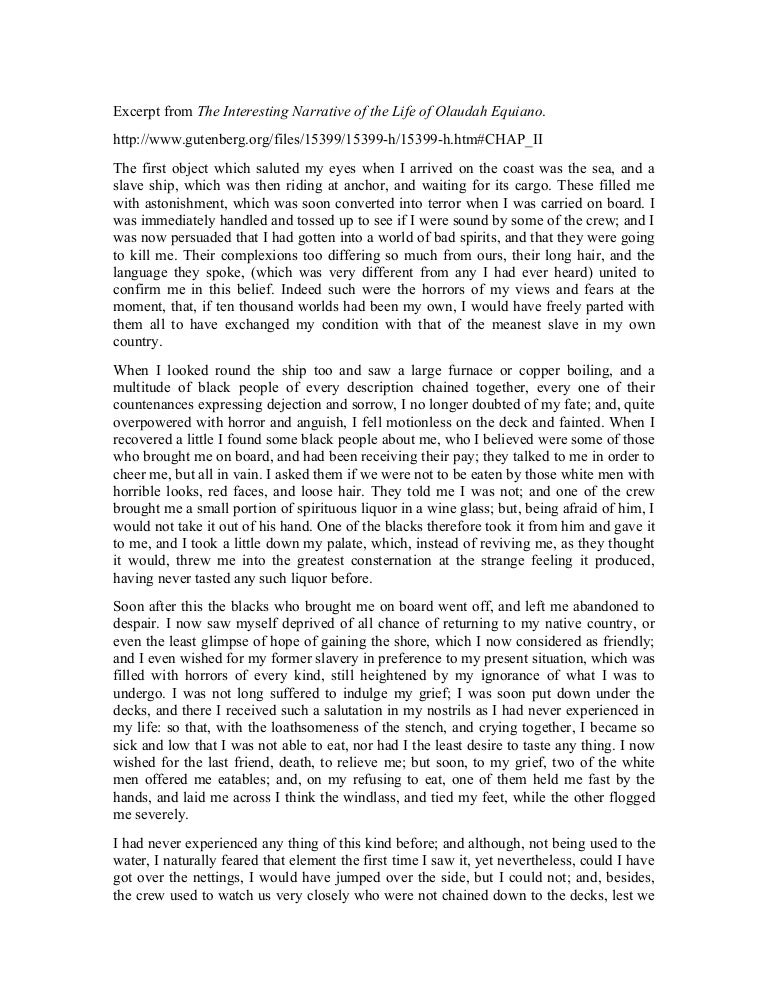

Their principal luxury consisted of perfumes.Īs for houses, the buildings were convenient and practical, rather than ornamental. Strong alcohol was almost entirely unknown, although palm wine was ubiquitous. They cooked many variations of vegetables and flesh, and always washed their hands before consuming their meals. All in all, the people lived a plain and clean life. Women helped men in tillage, spun and wove cotton, and manufactured earthen vessels (which included tobacco pipes). Their dress was simple and plain, and similar for both men and women. Manners were simple, and luxuries were few. The dancing was organized into four divisions of different groups of people, and each represented "some interesting scene of real life, such as a great achievement, domestic employment, a pathetic story, or some rural sport and as the subject is generally founded on some recent event, it's therefore ever new." The kingdom was comprised of many dancers, singers, musicians, and poets, and most celebrations featured performances. The bride's family was responsible for giving gifts to the groom's family, but after the wedding, the bride was viewed as her husband's property. Marriage was important to the people, and a young couple was usually betrothed by their parents and then celebrated with a generous feast. Adultery was heavily punished, although men were less penalized than women were. Equiano's father was an elder – called an Embrenché in his society – who helped decide disputes and punish crimes. Equiano was born in 1745 in Essaka, a small province so far from the sea that he had never heard of it or of white people.Įboe had an established system of law and marriage. He begins with a history of the district where he was born: Eboe, in the kingdom of Benin, which was part of Guinea.

He hopes that his work, even if less than scintillating, will serve the purpose of helping his enslaved brethren. Equiano apologizes that he is "neither a saint, a hero, nor a tyrant " he is merely lucky enough to have been favored by Heaven, which he believes has blessed him in all the events of his life. Further, people expect memoirs to have dramatic events and great personages if they are to be interesting. Equiano begins his Narrative by acknowledging how memoir writers often must defend themselves against claims of vanity.


 0 kommentar(er)
0 kommentar(er)
